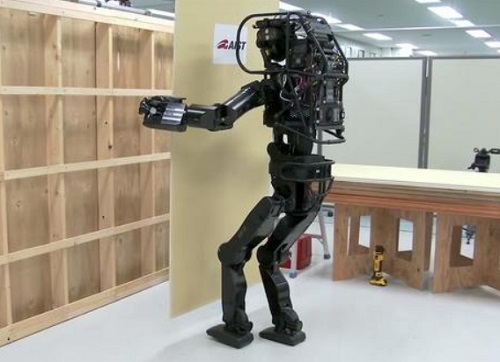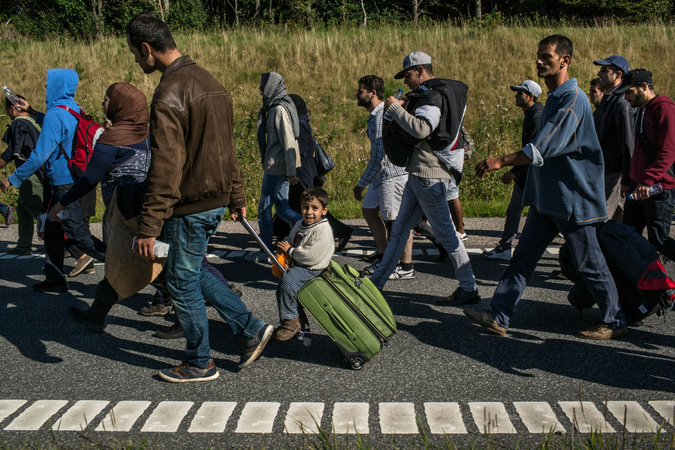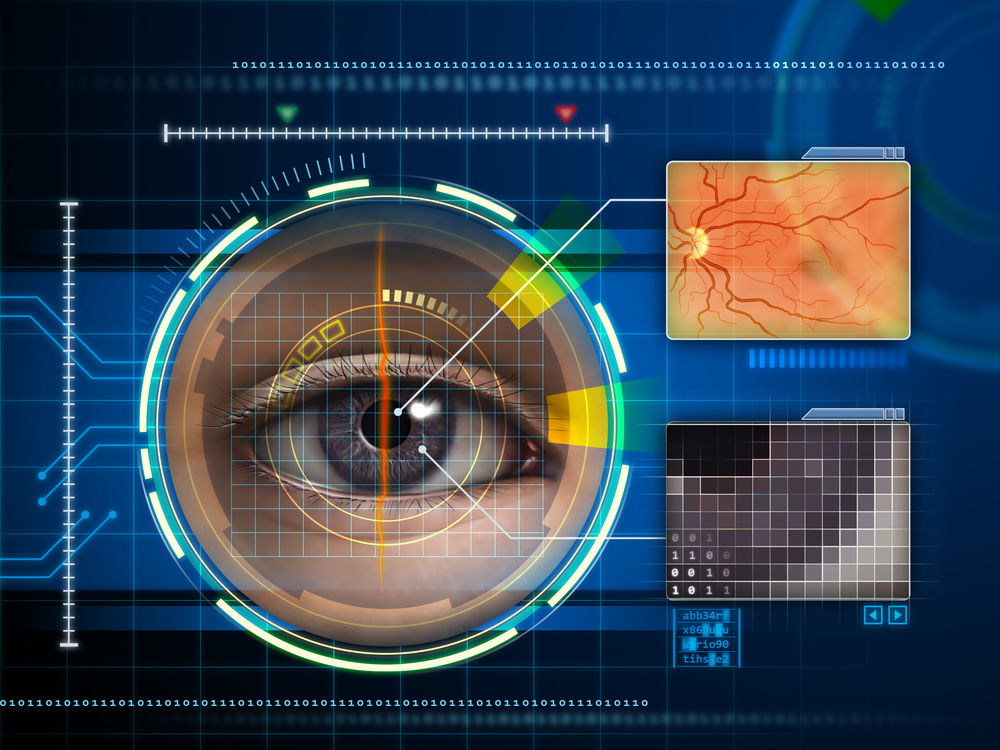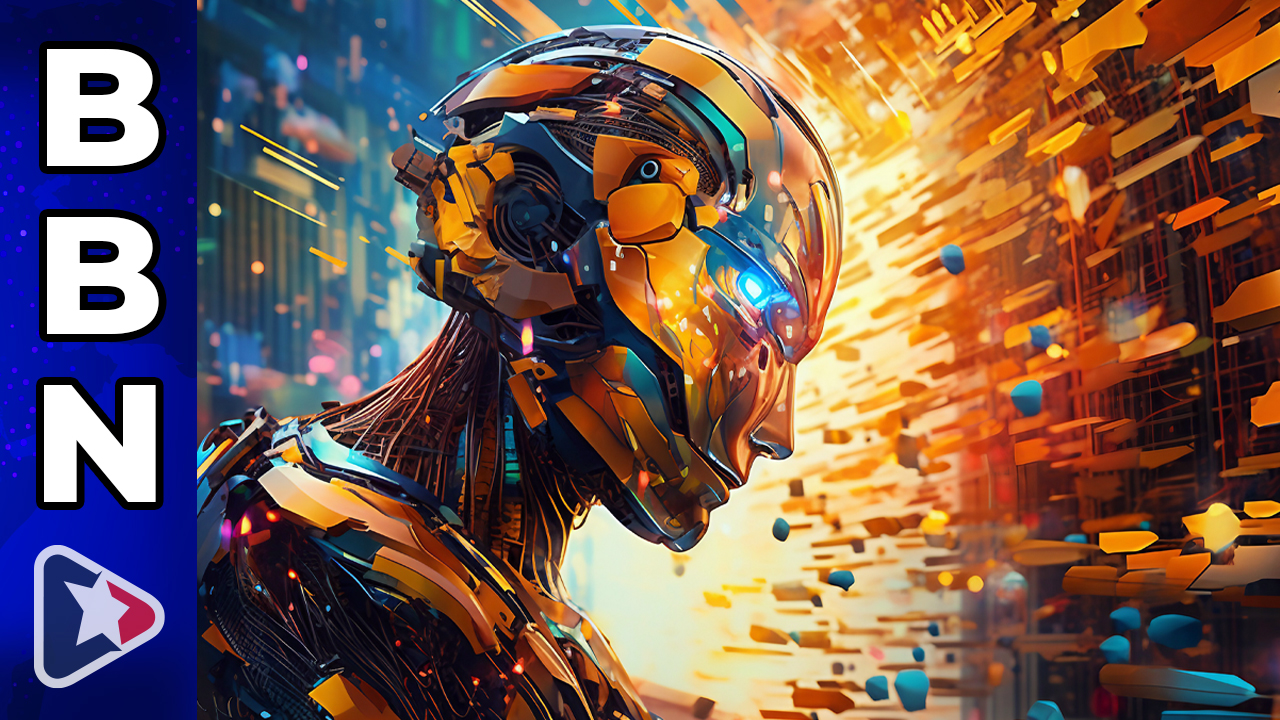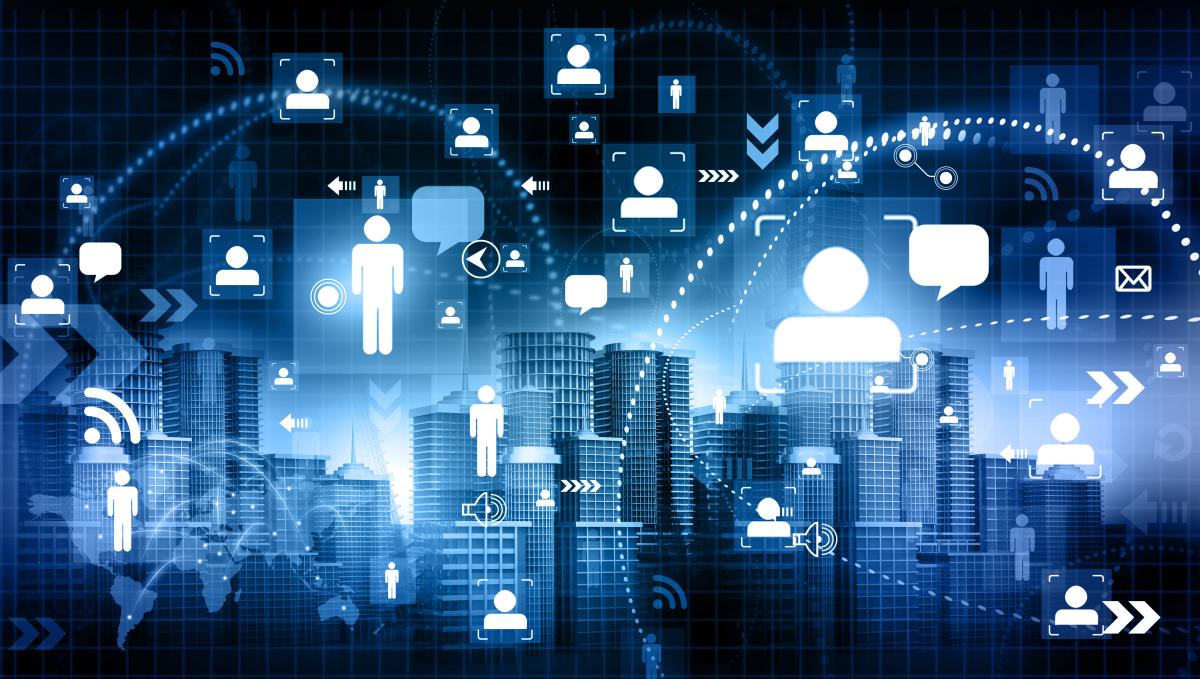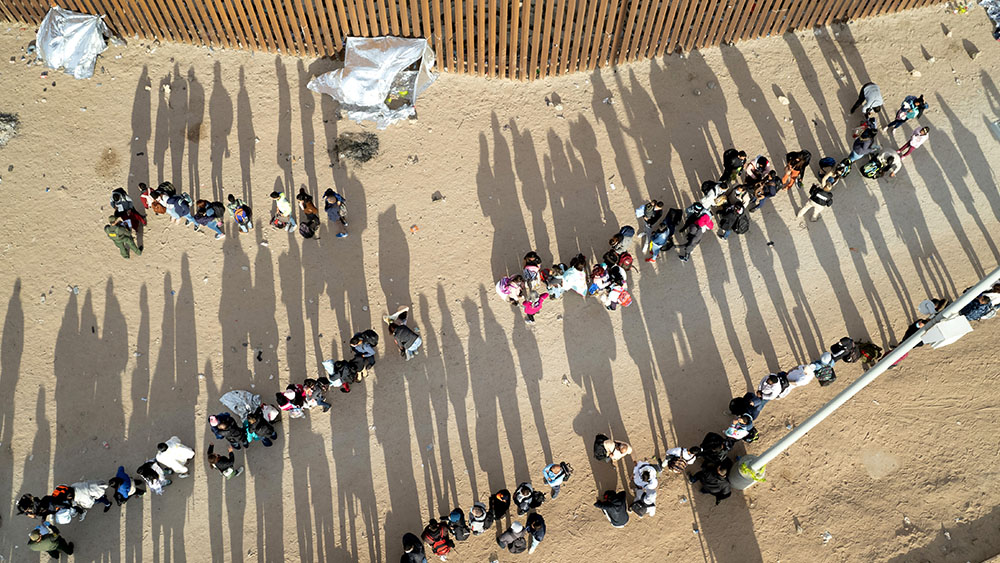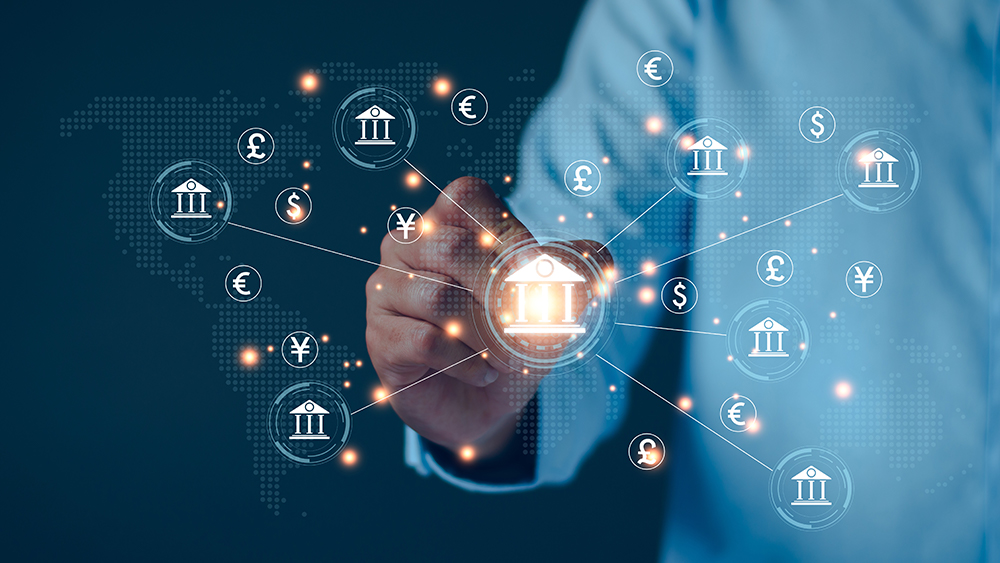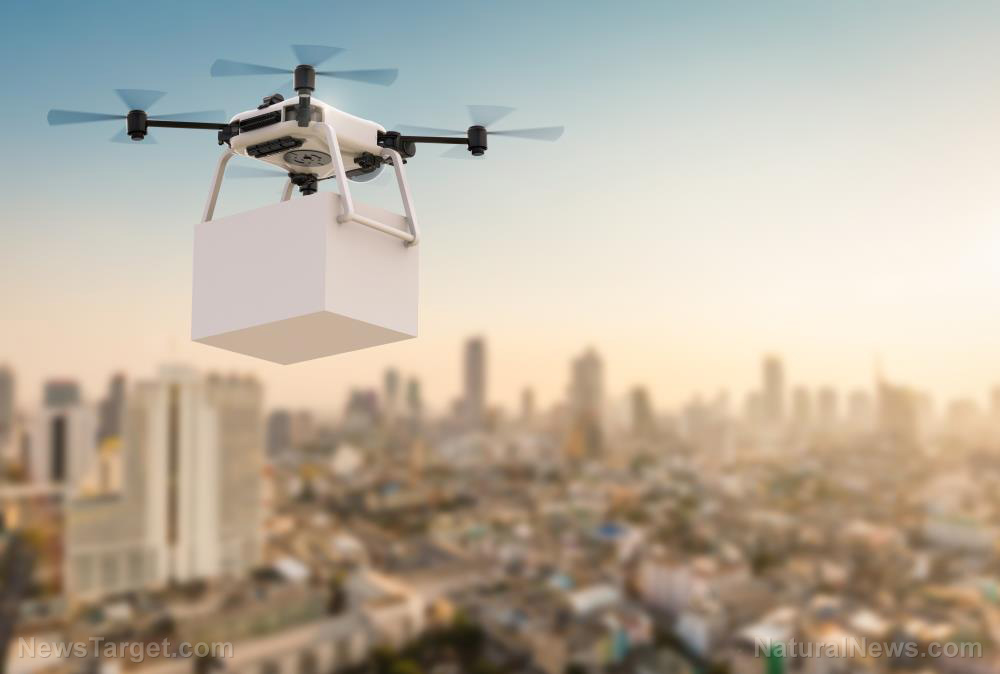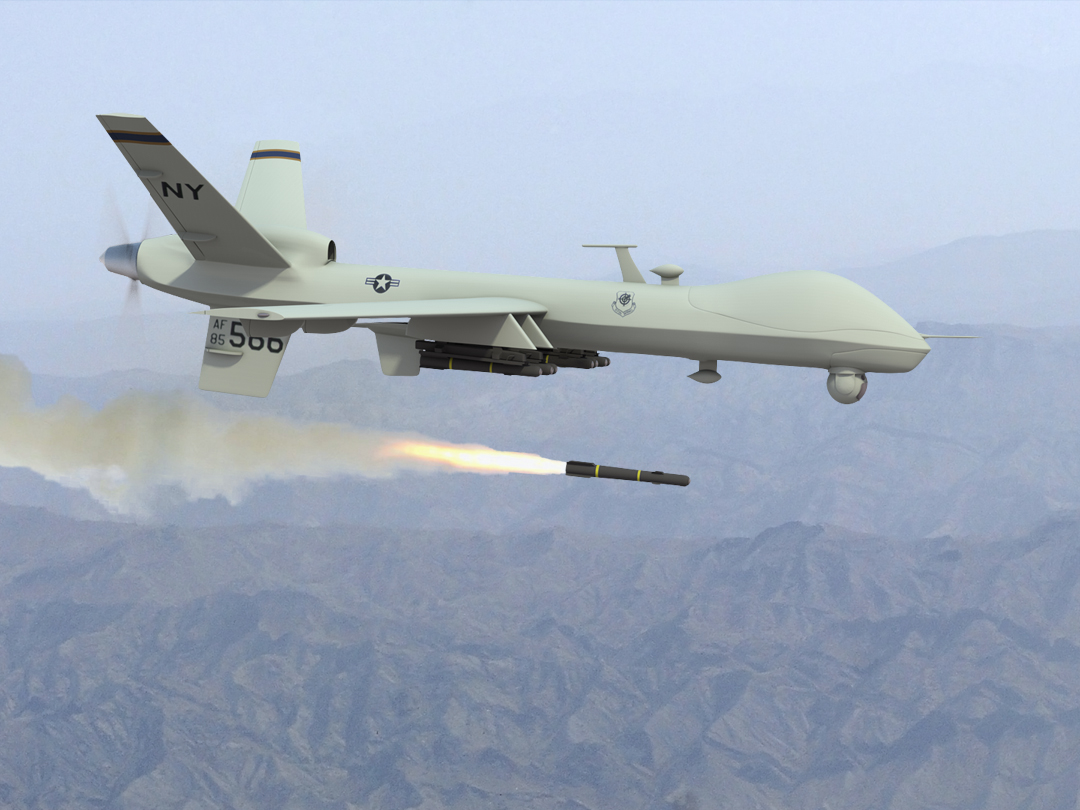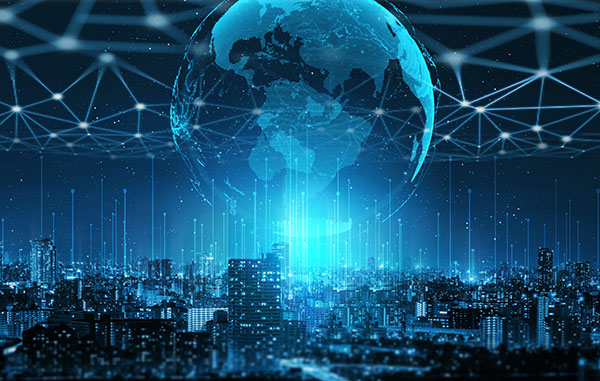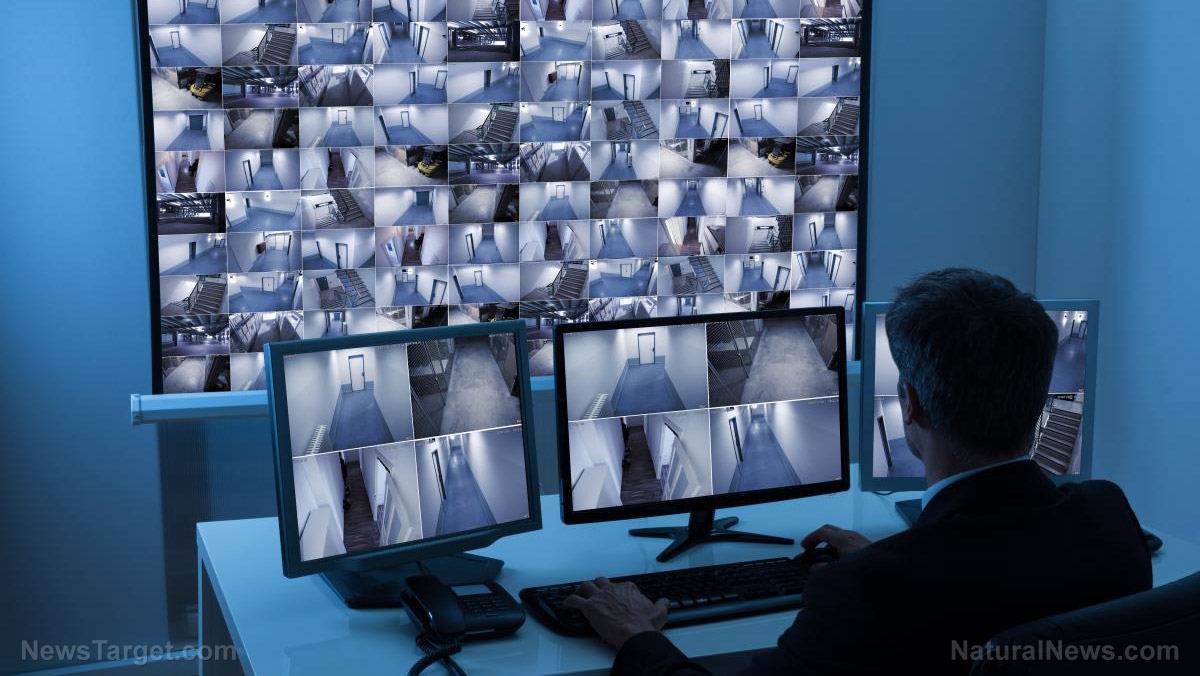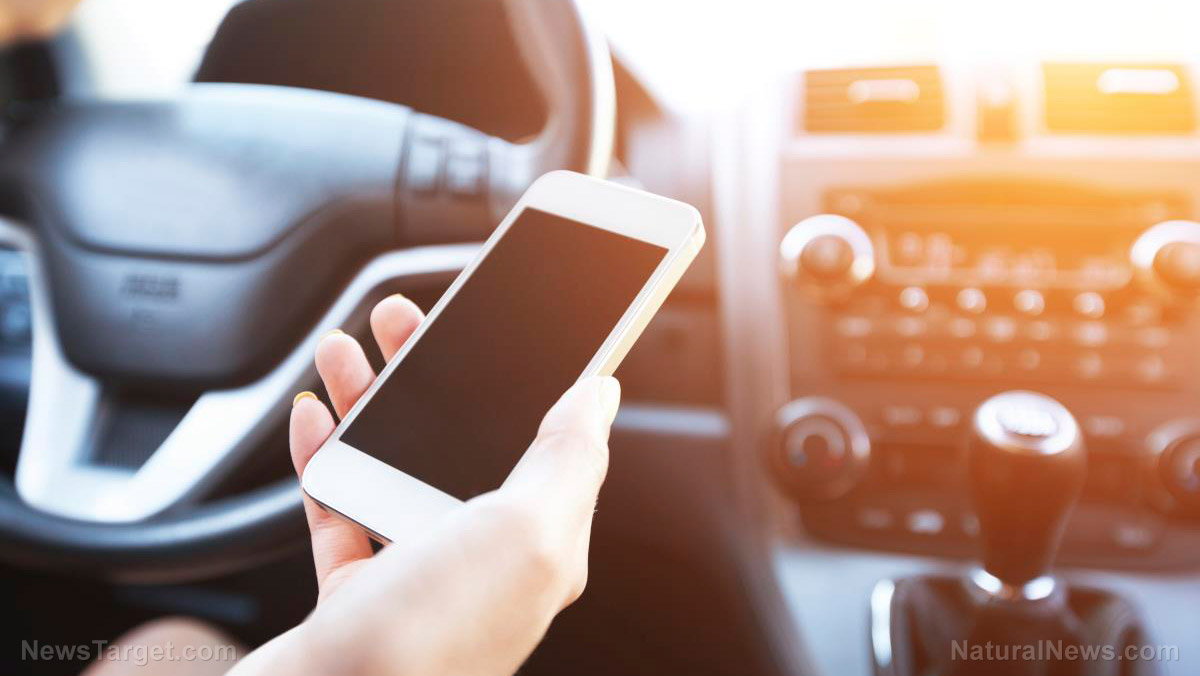AI anxiety is on the rise as computers get super smart
11/07/2023 / By Olivia Cook
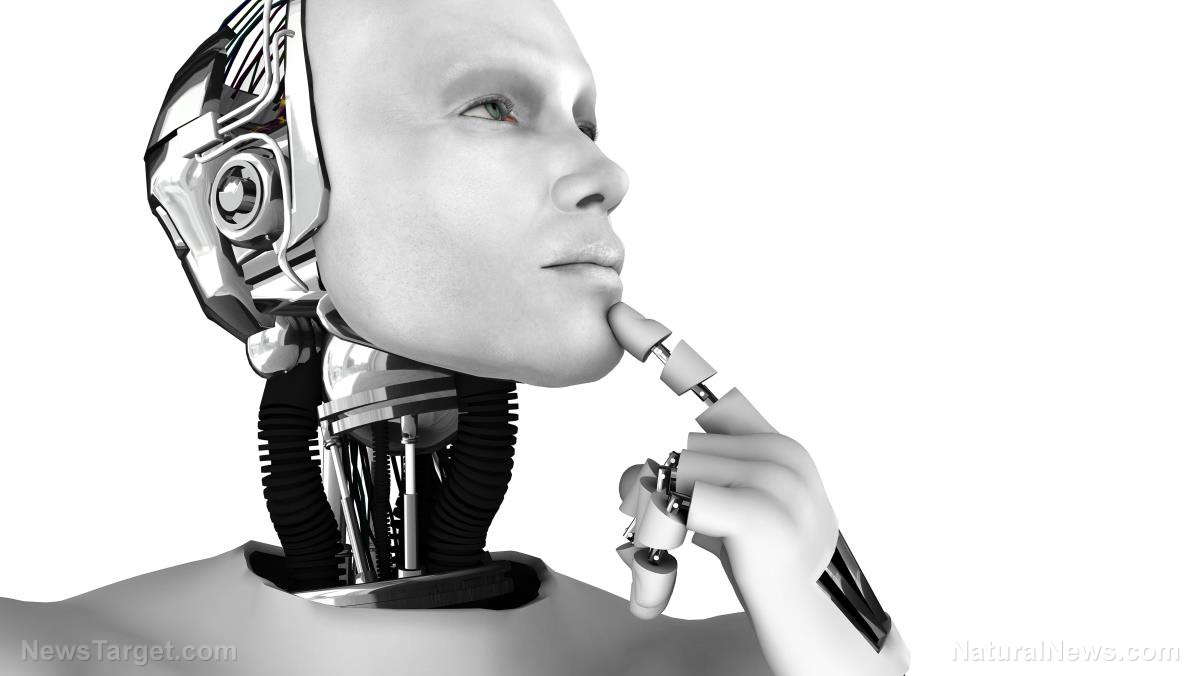
The rapid development of artificial intelligence (AI) has brought it to mainstream attention and fascination. But AI anxiety is now on the rise as well.
Although there are many benefits, AI’s dramatic changes are causing a growing number of people to have significant anxiety, discomfort and fear about the uncertainty of its implications and potential risks.
AI is developing at a dizzying pace. For instance, ChatGPT-3.5 has a very wide range of abilities – including writing code for video games, Excel formulas, essays, movie scripts and poems; helping you build a cover letter or a curriculum vitae; researching topics and summarizing content; and even planning a vacation.
The latest version, OpenAI’s golden child ChatGPT4, is reportedly capable of creating recipes from just pictures of ingredients; describing images to blind people; and being able to learn a language, so you can talk with the AI in 26 languages.
An article from the Defender last August reported on AI products targeting children, such as “AI nanny bots,” and their negative effects on cognitive and social development of kids.
No longer a “what if,” it is a well-known fact that automatons, robots or humanoids that mimic the human body and AI technology have been replacing jobs by automating mid-career and mid-ability work, according to a Business Insider report. (Related: Rise of the robots, 8 Professions that will be taken over by AI technology.)
According to a World Economic Forum report, the top jobs that will decline the fastest in the next five years include:
- Bank tellers and related clerks
- Postal service clerks
- Data entry clerks
- Administrative and executive secretaries
- Material recording and stock-keeping clerks
- Accounting, bookkeeping and payroll clerks
- Legislators and officials
- Statistical, finance and insurance clerks
- Door-to-door sales workers, news and street vendors and related workers
Bad actors are weaponizing AI
Hospital CEO and psychological neuroimmunology specialist Dr. Jeff Comer warned that AI algorithms could become so advanced that “they can self-expand without human oversight and limits – leading to the loss of the decision-making ability of humans.”
For example, algorithms that can provide medical diagnoses and treatment plans could remove healthcare professionals from the clinical assessment process. (Related: Consider yourself WARNED: Humanoid robots claim they could run the world better than humans.)
“If AI becomes super-intelligent and even self-aware, it will be able to do everything a human can do better and faster. This could subjugate humans to the superior-performing AI. Many science and technology leaders, such as theoretical physicist Stephen Hawking and businessman Elon Musk, have espoused the reality of this possibility,” Comer added.
Meanwhile, deepfake technology uses artificial intelligence to create a digital copy of a person’s likeness and voice and has become both increasingly sophisticated and readily accessible to to the public since 2018.
Despite its many beneficial uses in the educational sphere, the film industry, the retail sector and others, deepfake technology has also been applied by bad actors for identity theft and fraudulent activities, impersonation fraud, damage to someone’s career or reputation, blackmail and so on.
In its current form, there is going to be a point where it’s going to be very difficult to differentiate the real deal from one that’s AI-generated.
In an interview, American psychologist and cognitive scientist Dr. Gary Marcus, who co-authored the book “Rebooting AI: Building artificial intelligence we can trust,” said his biggest fear is that people can use AI, such as deepfake technology, among others, to “disrupt democracy” by creating an atmosphere where no one can trust anything anymore.
Visit InformationTechnology.news for more stories about AI.
Watch this video about AI anxiety.
This video is from the Daily Videos channel on Brighteon.com.
More related stories:
Researchers: AI decisions could cause “nuclear level” CATASTROPHE.
Google suspends engineer for exposing “sentient” AI chatbot.
Google fires founder and co-head of AI ethics unit, announces reorganization of AI teams.
Sources include:
Submit a correction >>
Tagged Under:
AI anxiety, artificial intelligence, awakening, chaos, chatbots, ChatGPT, Collapse, computing, cyber war, Dangerous, deepfake technology, fraud, future science, future tech, Glitch, information technology, innovations, inventions, machines, nanny bots, OpenAI, panic, robotics, robots, superintelligence
This article may contain statements that reflect the opinion of the author
RECENT NEWS & ARTICLES
COPYRIGHT © 2017 COMPUTING NEWS

